Music & Literacy
Neuroscientists find that music class can boost students’ reading proficiency.

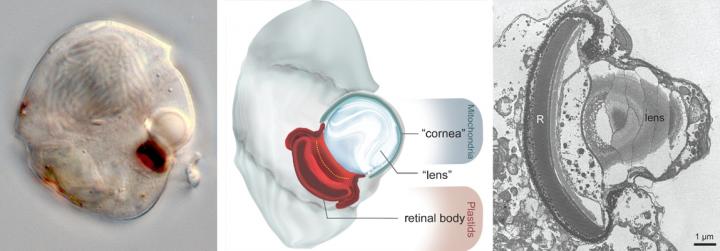
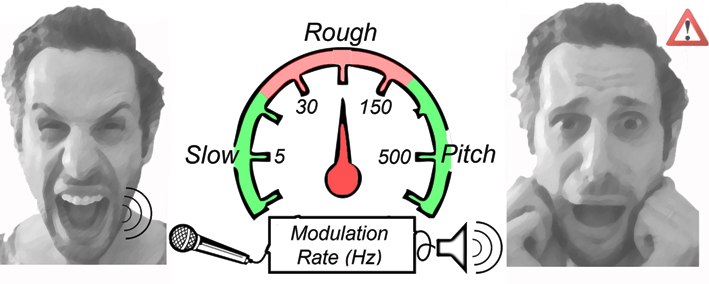
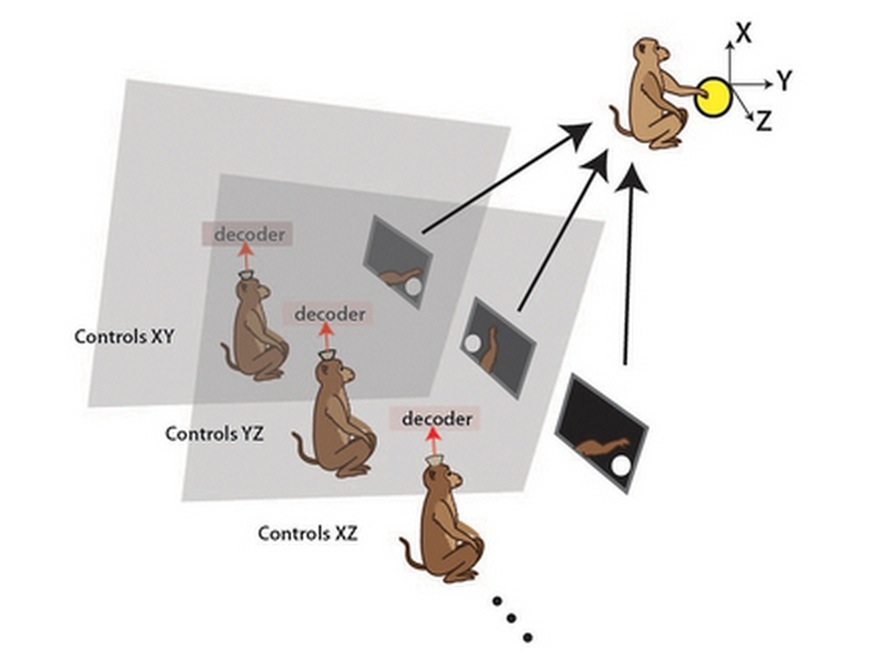
Coordinating brain activity between patients and therapists could be the future of treatment for brain injuries and diseases.

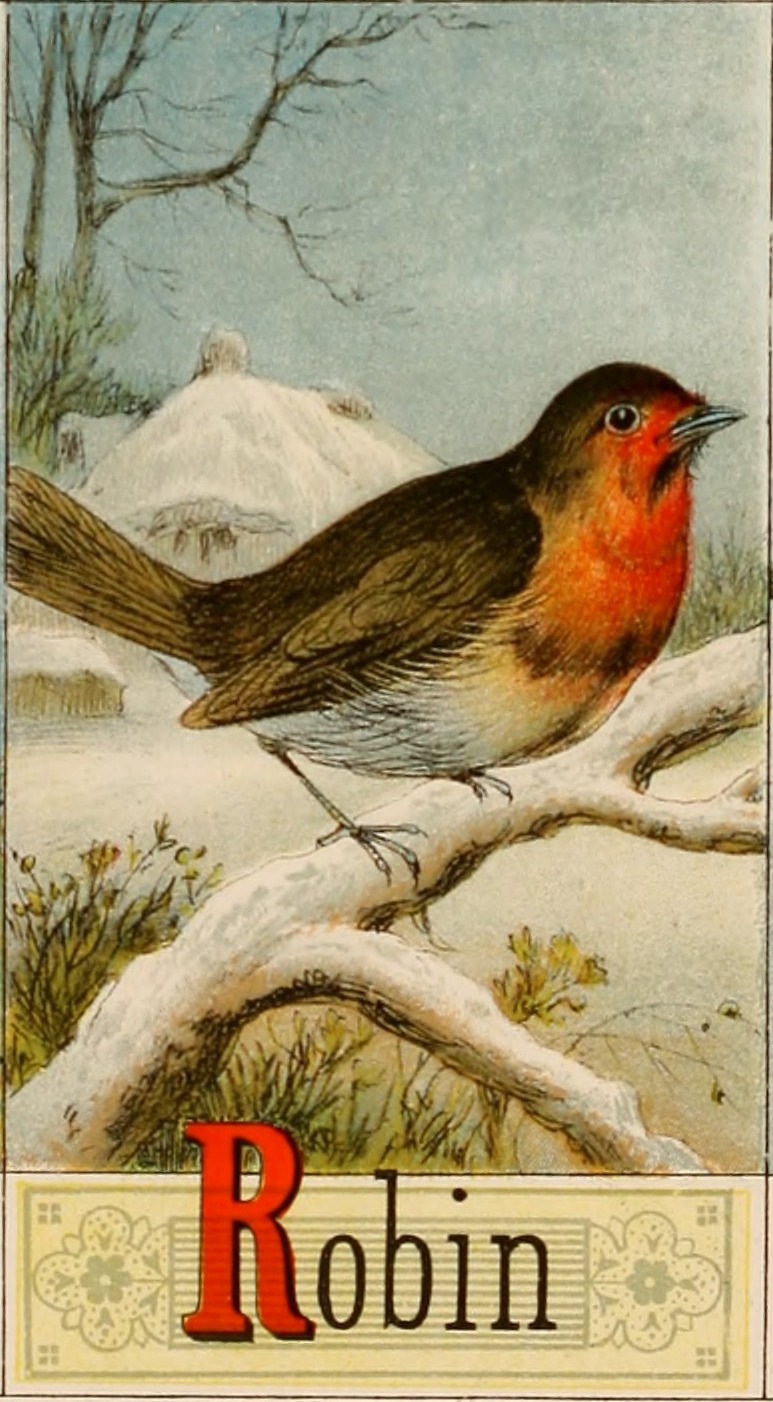
The letter “R” is one of the hardest sounds we learn to pronounce; now scientists think they’ve identified what makes it so tricky.
For people who can’t sleep, cognitive behavioral therapy could be an effective alternative to drugs.
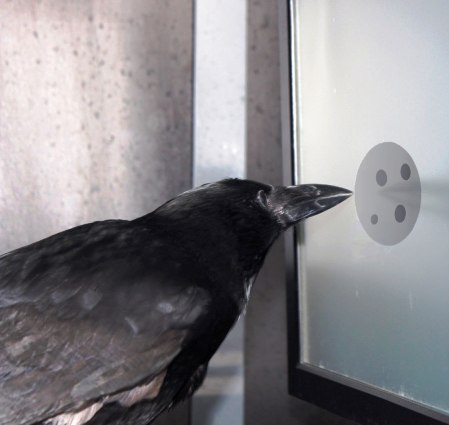
Crows display impressive math prowess, using brain regions entirely different from those of mammals.

How did historical leaders once address crowds of thousands, unaided by modern amplification?

People who are financially dependent on their spouse may be more likely to cheat on them.
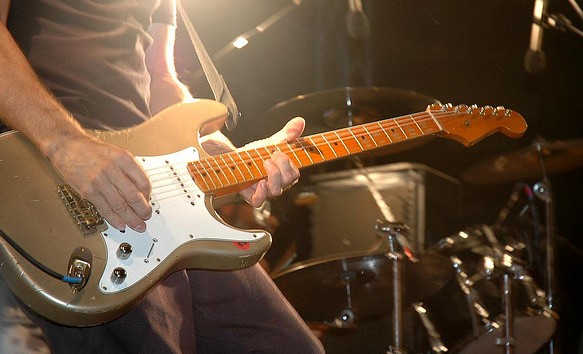
Powerful computer tools are helping musicologists study the evolution of popular music.


Retailers are looking to the developing world to meet the growing demand for sustainable seafood.

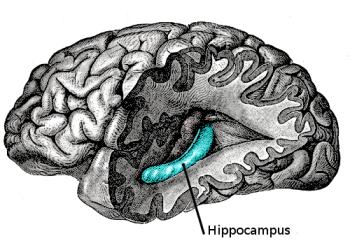
Heavy drinking before the age of 25 may lead to lasting changes in parts of the brain critical for memory and learning.

Stimulating the brain with mild electrical current may enhance creativity and treat depression.
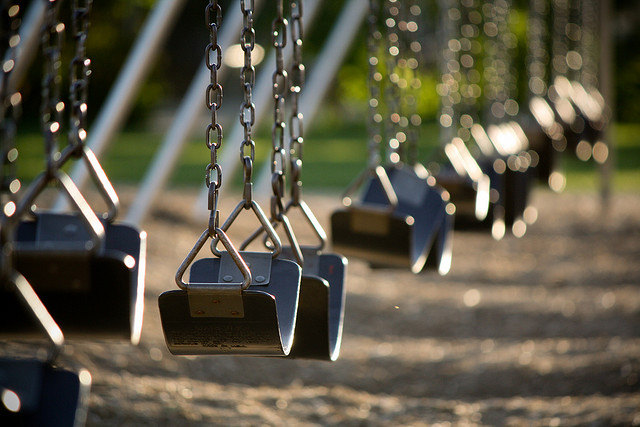
Do African American students get labeled as troublemakers more quickly than other students do?


Eye contact between dogs and their owners can increase levels of the hormone oxytocin, known for its important role in human bonding.
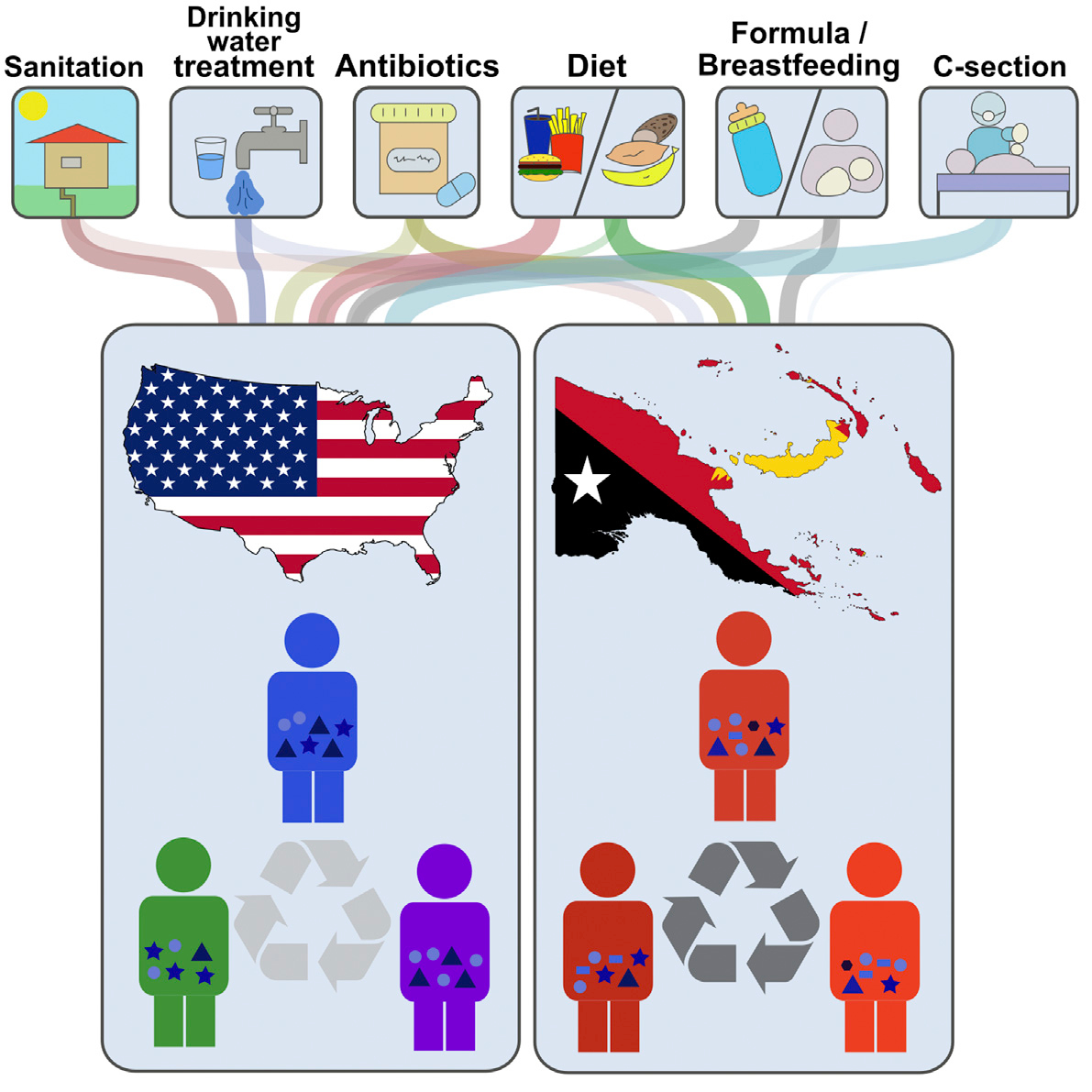
Disease-stopping hygiene practices may also slow the spread of helpful microbes.
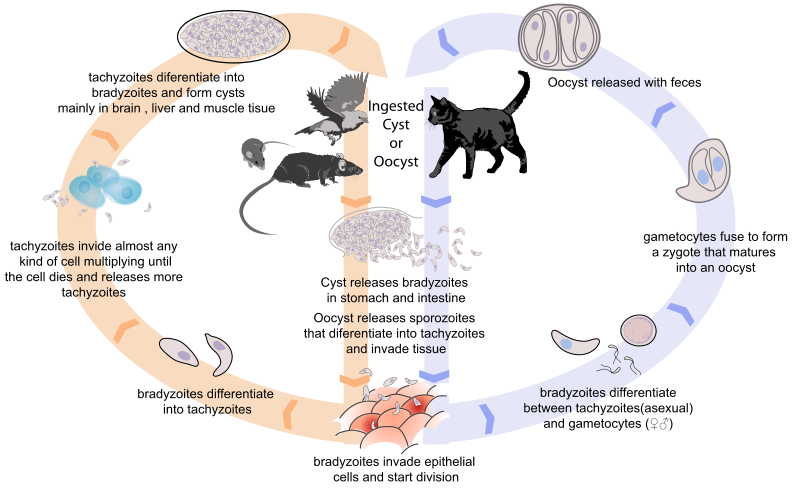
The brains of people with anorexia don’t connect the feeling of hunger with reward.
Are children at greater risk of being abused if their own parents were maltreated?
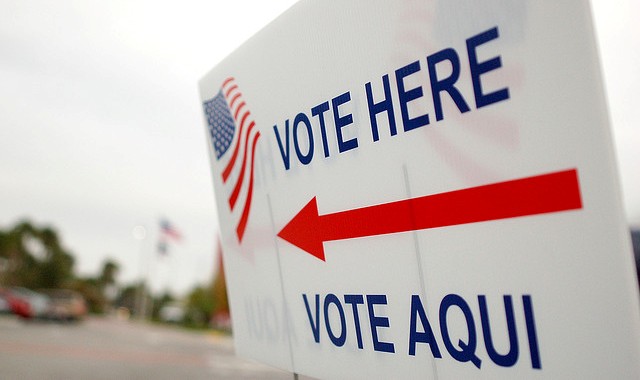
Liberals tend to show happiness outwardly, while conservatives are more likely to claim that they’re happy.

